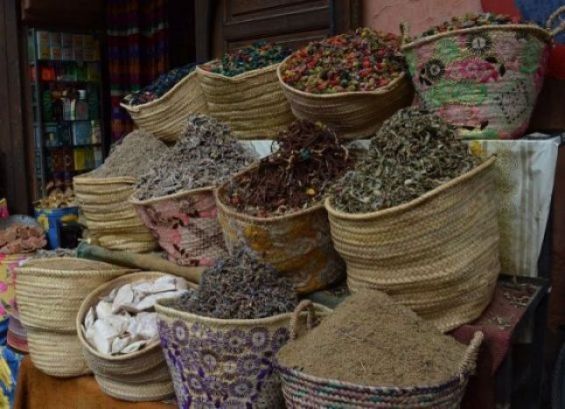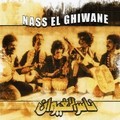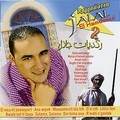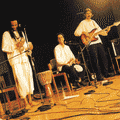Although the World Health Organization (WHO) has said that no drug has been shown to prevent or cure Covid-19, the use of herbal remedies to «prevent» the coronavirus or «cure» its symptoms, encouraged by the advice of some pseudo-nutritionists and other charlatans, has been found in Morocco.
A study entitled «COVID-19, prevention and treatment with herbal medicine in the herbal markets of Salé Prefecture, North-Western Morocco» and conducted by Noureddine Chaachouay of Hassan I University (Settat), Allal Douira and Lahcen Zidane from Ibn Tofail University (Kénitra) have looked into the issue. They carried out surveys in the prefecture of Salé, from March 1, 2020 to May 31, 2020, with 30 herbalists (24 men and 6 women) from the same city.
The study shows the prevalence of medicinal plants in the basic health system of the population. Its results reveal that a total of 20 plant species, from 20 genera and 14 families, were most frequently used by these herbalists for «the prevention and treatment of Covid-19».
Herbalists without a specialized certificate or diploma
«Anecdotally, herbalists have claimed herbal medicines and kept them healthy or improved their symptoms», indicate the three researchers, adding that «the bulk of research on these herbs used is inconclusive». These herbalists «believed that the treatment with herbal remedies for 7 days led to a marked improvement in the rate of recovery from symptoms, and the herbalists reported that the herbal capsules shortened the duration of fever by three days and symptoms of fatigue», researchers explained.
The study indicates that the majority of these herbalists are over 50 years old (22), 17 of them are between 30 and 50 years old and only one is under 30 years old. Regarding their academic level, the results showed that more than half of the herbalists (53.33%) have attained secondary education, 26.67% have completed primary education and 16.67% were illiterate. Thus, «only 3.33% of the herbalists had graduate education», researchers say.
The most striking observation is the fact that «none of the herbalists participating in our survey have a certificate or diploma in herbalism». «While the Dahir of February 19, 1960, with Article 17 stipulates that, to hold and sell the plants or parts of medicinal plants, whether fresh or dry, except plants classified in the various tables of poisonous substances, the person concerned must be provided with the herbalist certificate and authorized under the conditions provided in Article 2 of the same Dahir», researchers argued.





 chargement...
chargement...













